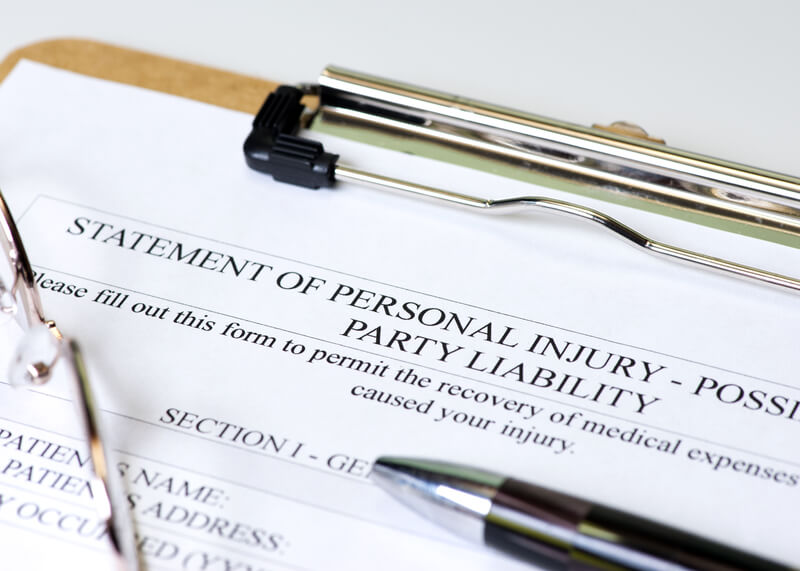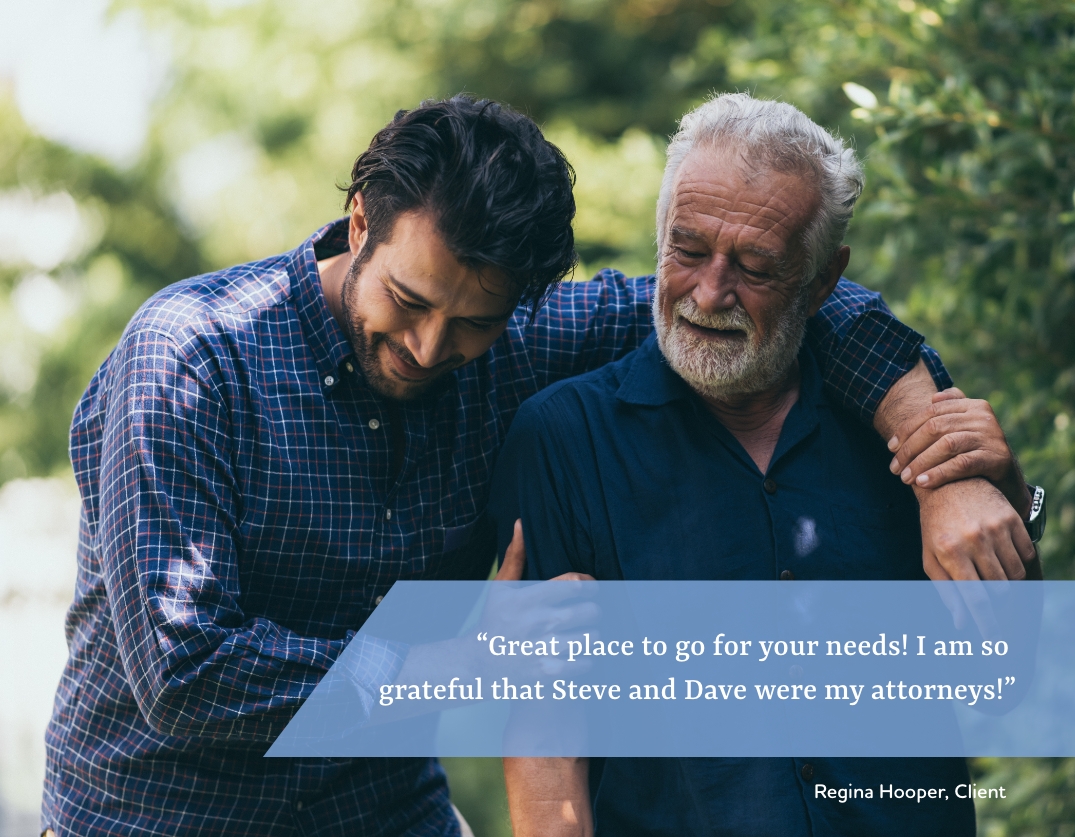

What Is Personal Injury? And Why Do I Need An Attorney?
Have you ever wondered what separates a normal injury from “personal injury,” the term used by lawyers that often involves a settlement or lawsuit? Personal
Practice Areas Explore All
Locations Explore All
A traumatic brain injury (TBI) redefines life in a moment, sometimes stealing away physical function, cognitive capabilities, sensory perception or even elements of a personality.
For some, age, quick medical treatment and less severe injuries will make for a fast, if cautious recovery: observation, rest and a return to normal after a few weeks. For others, it can take months of rehabilitation to regain function, or lifelong care to meet physical needs and manage communications challenges. Families facing new caretaking responsibilities may have to leave jobs, hire home nursing care or supplement lost wages with extra hours.
At Litner + Deganian, we understand how complex recovery can be for TBIs. With so much uncertainty in prognosis—and treatment timelines of months or years—families shouldn’t have to add financial uncertainty to their challenges. Traumatic brain injuries, often closed-head injuries aren’t straightforward legal cases, however, and not every lawyer is equipped to handle them. Personal injury lawyers need experience and confidence to manage the intricacies of TBI cases. One thing’s a given: Insurance companies will line up their top team in a high-dollar defense.
We want you to move past this moment and achieve the best outcome for yourself or your loved one. These cases are hard—for everyone involved—but we know we can help.
A traumatic brain injury can happen when there’s a blow to the head or body, an object that penetrates the brain, or a sudden jolt, like one occurring in a car accident impact. In fact, nearly 17 percent of TBI-related deaths occur after motor vehicle crashes, according to a CDC report.
In severe crashes, like head-on collisions, the force of the impact may be enough to cause a TBI. Traumatic brain injuries can also happen in a rollover or when someone is ejected from the vehicle. But even lower-speed crashes can lead to TBIs: a rear-end collision might cause a head strike on the steering wheel or a forceful airbag deployment.
As violent as car crashes can be, vehicles do tend to offer some protection to drivers and passengers. Motorcyclists, cyclists and pedestrians are even more at risk for head injuries.
Falls account for nearly 30 percent of TBI-related deaths, and the rate is especially high for older individuals. Violence, including assaults and gunshots, can also lead to severe TBIs.
Traumatic brain injuries progress quickly, with physical damage to the brain causing bleeding, bruising and swelling. Any head strike requires urgent medical attention. After a motor vehicle accident or fall, people sometimes ignore symptoms like headaches, dizziness, sensory changes or nausea, expecting problems to clear up in a day or two. Doing so not only puts your health at risk, it increases the chances that the insurance company will argue your injuries aren’t that severe.
Getting quick treatment for a suspected TBI can be life-saving, and it’s key to achieving the best outcome possible for your health. Prompt care also creates a solid foundation for your eventual personal injury case. Insurance companies will have less room to argue that the chronic conditions related to your TBI were caused by something other than your accident.
At Litner + Deganian, we want to make sure our clients are educated about traumatic brain injuries and have a realistic sense of the financial realities of care.


As TBI and other head injury treatment continues to make advancements, patients have the chance to experience better outcomes: fewer complications, more independence and more fulfilling lives. But pursuing that fulfillment takes incredibly hard work—both from patients and from their supportive families.
At Litner + Deganian, we empathize with the stress of uncertain prognoses and celebrate the hope that comes from regaining what was lost. We understand TBI treatment options, insurance company tactics and how to advocate for our clients through fair settlements that cover future needs.
This is likely the hardest time in your family’s life, and we want to make sure that you don’t also feel scared about financial stability or taken advantage of by insurance companies. We also understand that choosing a traumatic brain injury attorney can be a hard ask when you’re already overwhelmed by care decisions, work arrangements and the daily demands of life.


In our careers serving TBI patients and their families, we’ve really learned how important community can be after such a life-changing injury. Knowing that you have a community of medical providers, peer supporters and folks who are ready to welcome you back to school, to your place of worship, to your softball team—that’s special. That’s something that makes an incredibly hard process more bearable and more worthwhile.
Litner + Deganian is proud to be part of and support the communities of Georgia. We live here, in your town. We don’t believe in the churn-and-burn model of personal injury law—the call center maze, the algorithms, the rush to push through cases to move on to the next. We’re in this job to help people, and, in our experience, it takes knowing people to really help them. TBI cases can take awhile. It’s important during that time to educate, build trust and be sure clients understand that we’re here for them—for support, for questions, even for a little canine therapy with our office pups.
We don’t want life to be defined by injury. We want to find and secure the best way forward for you, and with you, through favorable verdicts.
TBI cases challenge us to push ourselves as far as we can as personal injury attorneys. We know that the stakes are high for families, and we’re proud of what we can accomplish to help them move forward in recovery. While there’s no average settlement for traumatic brain injury cases, these are some of the brain injury claims we’ve worked on:


Have you ever wondered what separates a normal injury from “personal injury,” the term used by lawyers that often involves a settlement or lawsuit? Personal


When you or a loved one experiences a serious personal injury, you need to act fast and thoroughly in order to ensure that you receive


Tires are easy to ignore. When you drive every day worried about going to work, running errands, or shuttling your kids around, your tires are














Call Us 24/7 678.956.8500 | Fax Us 678.809.1775
Fax Us 678.809.1775
© 2024 Litner + Deganian, P.C. 2023. All Rights Reserved.
Sitemap |
Disclaimer | Privacy Policy